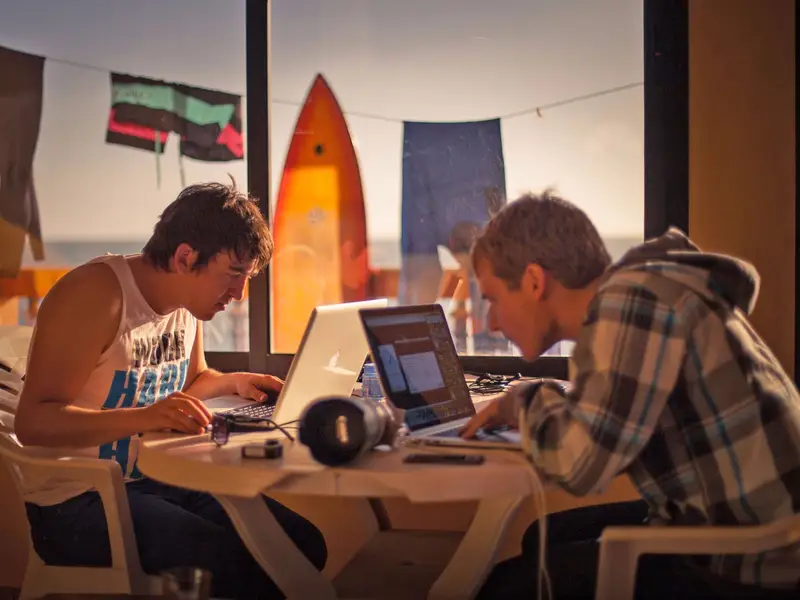
Mclub World – Across the globe, cultural lifestyle shifts continue to evolve and influence one another. These shifts are not just visual. They’re experiential. They shape how we eat. How we raise children. How we communicate. And even how we define success. Global traditions, once considered local treasures. Are now models for living. That cross borders through migration, media, and technology. Whether it’s mindfulness from Buddhism. Communal dining from the Mediterranean. Or siesta culture in Spain. Each tradition offers valuable insight. Into a more balanced. Meaningful. And sustainable way of life. The question is—are we paying attention?
“Read More: Top 10 Luxury Handbag Brands 2025, Best World Class Bag Products of all time”
One of the most prominent lifestyle shifts is the Western adoption of Eastern mindfulness. Practices such as meditation. Breathing exercises. And mindful walking. Were once confined to temples or spiritual retreats. But now, they’re staples in offices. Schools. And wellness apps worldwide. The mindfulness movement has reshaped how people deal with stress. It promotes awareness. Focus. And emotional regulation. Workplaces have started adding meditation rooms. Or even scheduling group silence sessions. Inspired by traditions in Japan and India. This is a cultural borrowing. That challenges the West’s obsession with productivity. And opens doors to inner calm.
From the cold north, two lifestyle philosophies—Lagom from Sweden and Hygge from Denmark—have gone global. Lagom emphasizes balance. “Not too little, not too much.” It encourages moderation in consumption. Design. And work hours. Meanwhile, Hygge is about coziness. Creating warmth through candlelight. Soft textures. And shared time with loved ones. These concepts are changing how people design homes. Shop for clothes. And even plan holidays. Businesses, too, are catching on. Offices now use Scandinavian principles to boost employee comfort. Natural light. Minimalism. And flexible hours inspired by Nordic countries. Are now seen as productivity tools.
“Read About: From Street Food to Fine Dining: Global Tastes Explored”
In Latin American cultures, life revolves around family and celebration. Extended families often live together. Or remain closely knit across generations. Meals are communal. Sundays are sacred. Celebrations are frequent and passionate. This approach offers a counterbalance. To individualism and isolation common in Western societies. The global shift toward revaluing family ties. Is partly driven by admiration for Latin cultures. Social scientists observe. That countries adopting longer maternity leave. Multigenerational housing. And more frequent public festivals. Are seeing increased mental health scores. As the world grows more digital. The Latin emphasis on face-to-face connection remains refreshing.
The concept of “African Time,” often misunderstood, is rooted in presence over punctuality. Time is fluid. Prioritizing people. Over schedules. In many African communities, life is aligned with nature’s rhythm. Elders teach respect for seasons. For silence. And for sacred space. Ceremonies and community gatherings happen without rush. This philosophy is influencing wellness tourism. With retreats in Ghana or Kenya offering spiritual re-grounding. Westerners who once viewed African time as inefficiency. Are now seeing its wisdom. Businesses are beginning to value emotional timing. Intuitive leadership. And the need to slow down. In a world that never stops.
Hospitality in Middle Eastern culture is legendary. Guests are treated like royalty. Tea or coffee is always offered. And generosity is a virtue. Even in modest households. It’s common to share meals with strangers. This custom has sparked global interest. Especially in post-pandemic contexts. Where loneliness rose sharply. More people now seek deep, meaningful gatherings. Inspired by Bedouin and Arab traditions. Cafes designed like living rooms. Restaurants offering “family-style” menus. And Airbnb hosts emphasizing personal welcomes. Are all examples. Hospitality is no longer a business model. It’s becoming a way of life. Rooted in ancient value systems.
This website uses cookies.